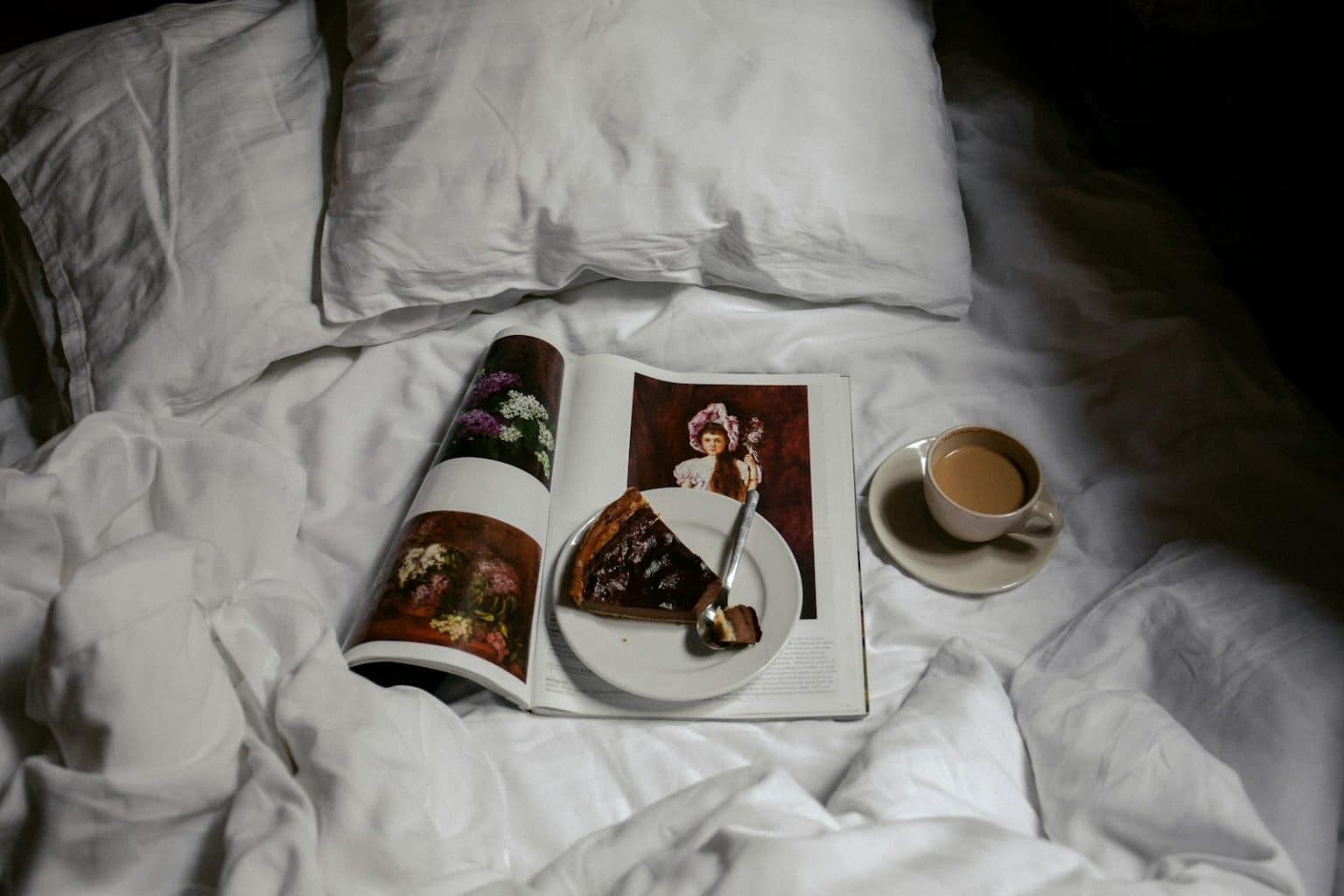As the warm weather continues to bask the UK in sunshine, many Brits are enjoying the last of the summer with outdoor activities and family gatherings. However, this seasonal joy comes with a hidden downside: the inevitable stains on bedding from sweat, suncream, and fake tan. These stubborn marks can be particularly challenging to remove, often persisting despite regular laundry routines. Fortunately, Ashley Hainsworth, the founder of Bed Kingdom, has shared his expert advice on how to tackle these common summer stains effectively.
Tackling Sweat Stains
With the warm summer nights comes the increased likelihood of waking up to find sweat stains on your bedding. While light sweating might not leave a noticeable mark, heavy sweating can result in frustrating yellow stains, especially on white or light-coloured sheets.
Hainsworth advises that prompt action is key when dealing with sweat stains. One of the most effective home remedies involves creating a paste with four tablespoons of baking soda mixed with a quarter cup of water. This paste should be applied directly to the stain and left to sit for about 30 minutes before washing.
For white sheets, Hainsworth suggests an additional step: spraying a small amount of hydrogen peroxide onto the stain after applying the baking soda paste. This combination helps lift the stain and neutralise any lingering odour. He also warns against using hot water initially, as it can set the stain further into the fabric. Instead, a cold rinse is recommended before the bedding is washed in a machine.
When it comes to washing, a biological laundry detergent is ideal as it contains enzymes specifically designed to break down the proteins in sweat stains. Hainsworth advises washing the bedding on a hot water cycle, ideally at 40 degrees or higher, depending on the care label instructions. However, he cautions against using fabric softener, as it can leave a residue that traps sweat and oils, making future stains even harder to remove.
After washing, it’s important to check that the stain has been fully removed before drying the bedding. If the stain persists, Hainsworth recommends repeating the treatment process to avoid setting the stain permanently in the dryer. For the best results, air-drying the sheets outside is ideal, as sunlight acts as a natural bleaching agent.
Removing Suncream Stains
Suncream is essential for protecting skin from harmful UV rays, but it can leave a greasy film on bedding that’s difficult to remove, especially if the lotion hasn’t fully absorbed into the skin before bedtime.
Hainsworth suggests a simple yet effective pre-treatment for suncream stains: washing-up liquid. Gently rubbing this into the stain at least 15 minutes before washing can help break down the oils and ingredients in the suncream. A cold rinse is also recommended to make the stain easier to remove.
For a more thorough clean, Hainsworth advises soaking the stained bedding in a vinegar solution. This can be done by filling a bathtub with warm water and adding a cup of white vinegar. After soaking the bedding for about an hour, it should be washed on the highest possible heat setting with a biological detergent. Adding half a cup of baking soda to the wash can provide extra cleaning power and help deodorise the fabric.
Dealing with Fake Tan Stains
Fake tan may give you that summer glow, but it’s notorious for leaving unsightly stains on bedding. Hainsworth stresses the importance of quick action with these stains. If the tan is still wet, blot the excess with a clean cloth rather than rubbing it, which can spread the stain.
For white bedding, Hainsworth recommends an oxygen bleach soak for a deeper clean. The stained area should be soaked in a solution of warm water and oxygen bleach for at least 1-2 hours, or even overnight for more severe stains.
After the pre-treatment, the bedding should be washed on the highest temperature recommended for the fabric and air-dried to help lift the stain completely.
Prevention is Better Than Cure
Hainsworth notes that preventing stains is often easier than removing them. Allowing fake tan to fully dry before going to bed, wearing loose clothing, or using old bedding can help protect your sheets. Laying down towels on your bed is another effective barrier against potential stains.
With these expert tips, Britons can enjoy the rest of the summer without worrying about the mess it might leave behind.
For more information, visit https://www.bedkingdom.co.uk/beds.html.

